Recent data from the Centers for Disease Control and Prevention shows a concerning trend: Black women in the U.S. are three times more likely to die from pregnancy-related causes than their white counterparts. The CDC reports that 80% of these deaths could have been prevented and points to challenges related to mental health, breastfeeding, and access to quality healthcare.
With growing awareness of the rising cases of premature maternal deaths and adverse birth outcomes in Black patients, Virginia state legislators this year added Virginia to the list of states that recognize Black Maternal Health Week, federally recognized each year from April 11-17.
In Virginia’s capital, a small but growing movement of Black doulas and birthworkers is taking maternal health education into their own hands. One of its leaders is Cheyenne Varner, the Richmond-based certified birth and postpartum doula behind The Educated Birth and Everyday Birth Magazine. A designer and a mother (she has a 19-month-old daughter and is expecting another child any day now), Varner has developed hundreds of illustrations and teaching tools for reproductive health professionals.
She spoke to Next City about her work supporting and educating families through pregnancy, birth and postpartum experiences throughout Central Virginia. This interview has been edited for clarity and length.
How did you get involved in this work?
I came to Richmond 10 years ago to go to the University of Richmond. I created my own interdisciplinary major called Educational Activism in the Arts because I really wanted to study how to use the arts as a tool to educate people on social issues. At the time, I was interested in modern-day slavery and human trafficking. I went on to work for a nonprofit in Richmond’s Church Hill neighborhood, working with Black families and youth, navigating what it looked like to see this community be gentrified over time and learning about the inequities there.
During this time, I stumbled across a documentary called “The Business of Being Born” and learned about the maternal mortality crisis and how it was specifically impacting Black women in the U.S.
I’m the oldest of four children. I was very aware and engaged as my mom was pregnant with my siblings; my youngest sibling came into our family through foster care, and then adoption while I was in college. I saw my mom go through a postpartum period without having been pregnant. So I was very interested in engaging in this season of people’s lives.
But it wasn’t until I saw that documentary that I understood that there were ways for people to non-medically advocate and support people throughout their pregnancies — and also how wide of an issue this was. I got trained as a birth worker pretty much immediately, within a month of watching that documentary.
What was the inspiration for creating The Everyday Birth Magazine?
The magazine came from the same convictions as I was experiencing my own reproductive health journey. I would go to the obstetrician’s office and sit in the waiting room for 20 minutes. They always have magazines out, and I had that same feeling of discontent with the information and everything that was available. It just didn’t feel like this information was meant for me.
I just had that thought: What would it look like if there was a magazine that was more intentionally inclusive of us and was made for and by us?
I started Everyday Birth Magazine not only wanting to make sure the imagery and storytelling really centered BIPOC folks, LGBTQ folks and people who are more often marginalized in this space, but also wanting to include different types of birth experiences. We always have a home birth story, a birth center birth story and a hospital birth story, and we always lay out reasons why people might gravitate towards one or the other. We always have information that covers from pregnancy through postpartum.
Can you share more about your own birthing experience as a Black woman?
When my husband and I found out we were pregnant with our first daughter, it was in 2021 in the midst of COVID-19. At the time, there was no out-of-hospital Black midwife option here in Richmond. I had a long-standing relationship with one particular midwife and birth center, so we chose to go with her practice. We loved receiving care from her and her practice, even though we didn’t have that cultural sameness.
I was having those types of appointments where you’re not rushed. You’re asked about how you’re doing emotionally, you can process things. You can ask all the questions. You don’t ever feel like you’re inconveniencing anyone. You’re not even really waiting in a waiting room at any point. You just go in and they’re ready for you. That part was beautiful.
At 41 weeks and one day, we went to the hospital for standard check-ins, nonstress tests, stuff like that. We felt right away the culture shift in the care we were experiencing. Because of course, our primary care providers are not at the birth center. Once you enter into the hospital space, the expectation is that these medical providers will tell you what things are and where they believe you should go — and you will say, yes, let’s do it.
But we were like, ‘We want to talk to our midwives first. We want to at least consult with our primary care providers.’ We immediately started feeling the defensiveness and unfamiliarity with that kind of response. We ended up leaving the hospital briefly and consulted our midwives.
There’s two other moments that stick out to me as a Black woman in these spaces. [When we returned to the hospital to induce labor], it took four attempts for them to place my IV. The first nurse attempted twice; then my husband requested that someone else come try it. Another nurse came in. She tried; she could not place my IV. So they brought another nurse. On the fourth attempt, they were able to place my IV [after using a specialized tool].
In that period of time, I’m contracting very heavily. I don’t blame any particular nurse. But systemically, there’s a problem when such a routine and basic element of care is so difficult to apply and you have someone experiencing an excessive amount of pain as a result. That happens excessively to Black women.
When anesthesia came in to give me my epidural, my husband was standing in front of me. This is very normal: I’ve stood in front of clients as they’ve received their epidurals, and I’ve had clients’ partners stand in front of them. The nurses were telling my husband that he was not allowed to stand in front of me that he had to be seated. I don’t know why he was told something that’s inconsistent with what I know of policy other than he’s a big tall black guy.
We’re now with a Black midwife at Gather Grounded Midwifery. She goes with clients to the hospital if they need to transfer. She knows that’s when we need that level of familiarity and advocacy the most. It’s already enough of a 180 when you have a switch like that, to lose your whole sense of familiarity of your care team at the same time.
Recent data shows that maternal mortality rates spiked during the pandemic, especially among Black women. How do you understand these trends, and how can that gap be closed?
This issue is real, it is widespread and it comes for everyone — regardless of income, regardless of social status. You have Serena Williams and Beyonce talking about experiences, you have all of these everyday women whose stories become national headlines after major complications or deaths. You have professionals like myself who struggle with getting really high-quality care within systems that are not built to provide that easily.
So it’s real, and it’s a problem that’s not going to just go away on its own. But I have concerns about the degree to which our understanding of the maternal mortality crisis, especially for Black women and birthing people, has become a primary narrative for us.
So many of my clients have come to me and said “I’m afraid of dying” as a top-of-mind concern for them going into their pregnancy. It’s created a widespread anxiety that people feel as soon as they find out that they’re pregnant and as soon as they try to engage with this system. There’s a sense that we have to be on alert.
We can’t engage with the experience of pregnancy in the same sort of trusting, carefree, joyful way that everyone else can. At the same time, there are so many Black women and birthing people who are having beautiful, positive, empowered births. It’s important to address the issues that create these statistics and, at the same time, uphold a balanced narrative about what we’re contending with on a macro level.
We have examples of things that help. Jennie Joseph, a famous midwife in Florida, created Easy Access Clinics based on the idea of full access to anyone who comes in being educated well and empowered, with everybody on staff being central to the care people get. Her clinics have proven quantitatively that the Black women who come through her clinics — even if they don’t give birth with her practice, even if they give birth in the hospitals outside — have better outcomes than Black women nationally. There are approaches to this that can create a better system, and we really need to lean more into doing the work rather than only emphasizing “these are the risks, these are the stats,” over and over again.
Why is birthing imagery such an important component of your work?
The visuals are a central element. They’re very important when there is such a void, such a lack of representation, such a lack of accessibility in a space as important as understanding what’s going on with our bodies, understanding what our options are, understanding who can take care of us, understanding what decisions we can make, on the outset, and then how we can change our decisions along the way.
We hear from people all the time that a client will come in and see a Black woman on one of the pages of the worksheets or on the card set that they purchased around the poster on the wall and be like, “Oh, my gosh, I’ve never seen that before I’ve never seen someone my shade, in this context before” That’s important, but our work goes deeper than that. Our work really does engage professionals with tools and parents with structures that can help them walk the journey — from learning to application, so that we can feel confident in what we’re doing, even when we hit the different challenges in a system that’s not equipped to make that process smooth for us.

Barry Greene, Jr. is Next City's Equitable Cities Reporting Fellow For Reparations Narratives and a native of Southside Richmond, Virginia. Through his newsletter and moniker “density dad,” Greene is constantly working to spread awareness of the necessity to think of families with young children as well as seniors within the built environment. As a 2023 NACTO Transportation Justice Fellow, Barry aims to help Richmond return to its glory days of leading the industry in public transportation. You can catch him commuting by Brompton, bus or both in conjunction.

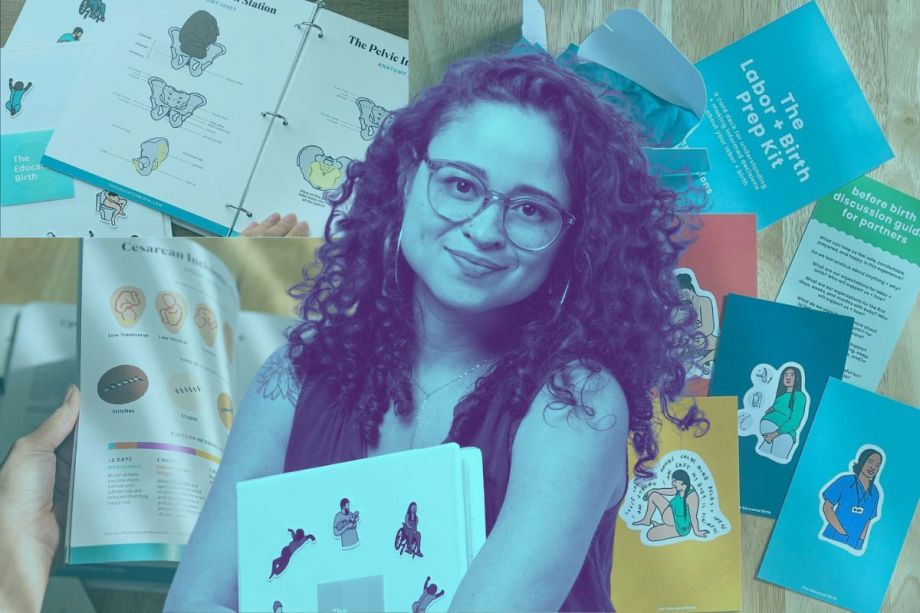
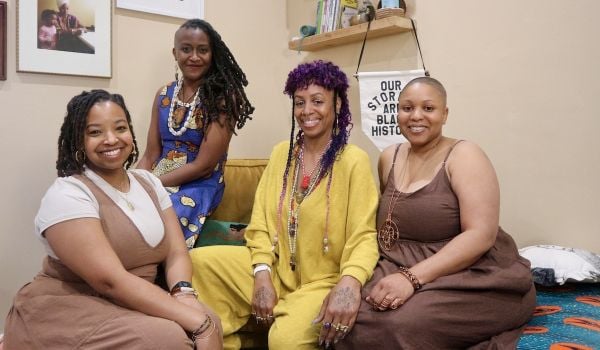
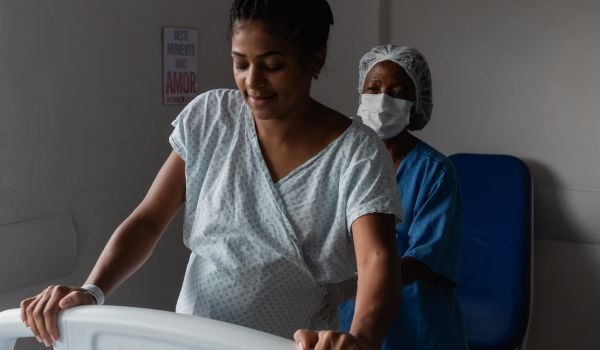

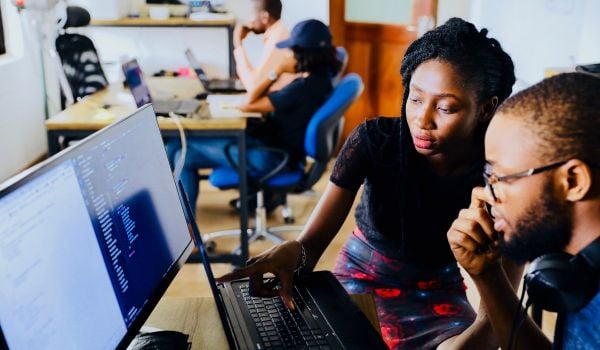
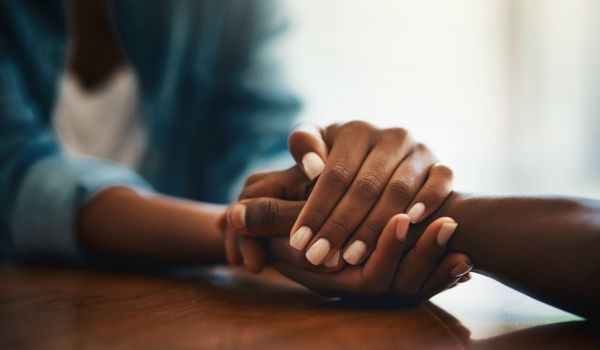
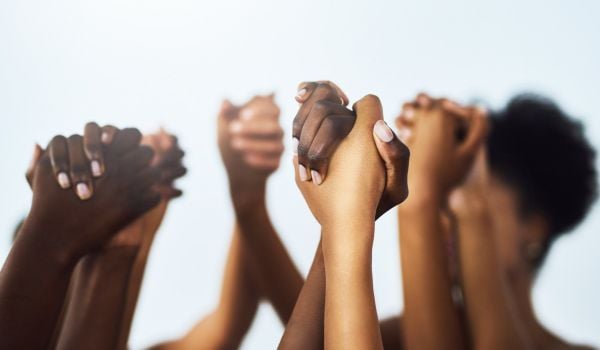
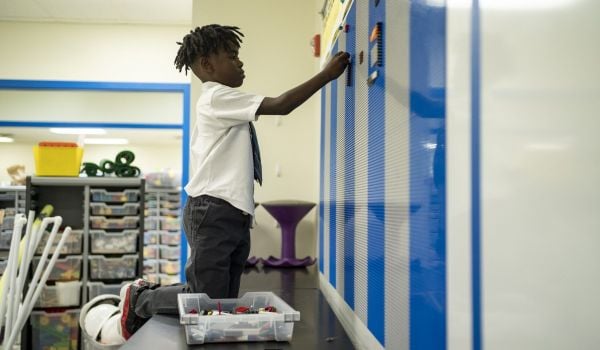








Add to the Discussion
Next City sustaining members can comment on our stories. Keep the discussion going! Join our community of engaged members by donating today.
Already a sustaining member? Login here.